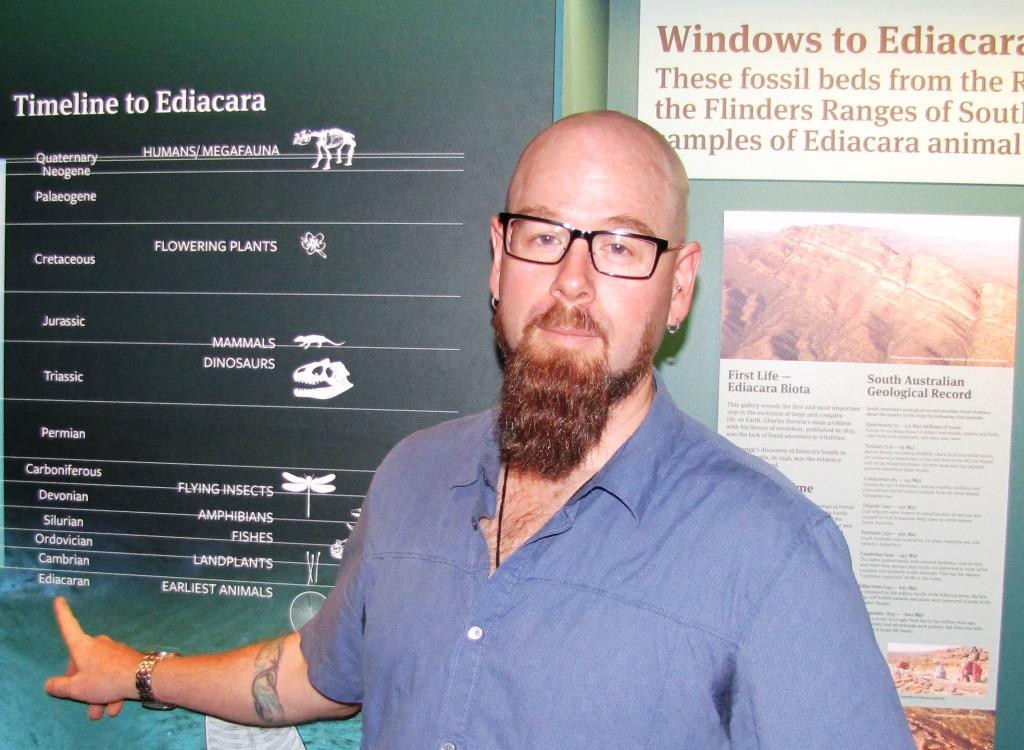
Influential environmentalist Professor Corey Bradshaw is the latest Matthew Flinders Fellow to arrive at Flinders University.
Professor Bradshaw’s title as Matthew Flinders Fellow in Global Ecology at the School of Biological Sciences fits in with a long line of work on how human endeavour and climate fluctuations have changed past, present and future ecosystems.
His research has informed environmental policy around the world, with more than 8,500 citations since 2012.
He is currently collaborating with Stanford University’s Paul Ehrlich — author of The Population Bomb (1968), one of the earliest warnings on human overpopulation and finite Earth resources — on a second book after Killing the Koala and Poisoning the Prairie: Australia, America and the Environment (Chicago University Press) was released last year.
The second book with Professor Ehrlich will be written as part of a Rockefeller Foundation Bellagio Writers Residency in Italy this year.
Professor Bradshaw, previously the Sir Hubert Wilkins Chair of Climate Change at the University of Adelaide says he’s keen to keep attracting followers to his ConservationBytes.com website and various social media channels.
“To appreciate the impact of deforestation, pollution, habitat loss, extinctions, over-grazing, over-fishing or warming seas, I analyse information about different ecosystems worldwide to estimate the impact of human activity,” Professor Bradshaw says.
“I specialise in applying mathematical models to large multi-species datasets to determine global-scale patterns of threat to biodiversity,” he says.
His research covers many elements of applied and theoretical ecology and biodiversity conservation, he has published extensively on extinction dynamics and species responses to climate change, and human demography, disease ecology and prehistoric ecosystems’ response to environmental change.
“I’m looking forward to engaging with the Flinders Palaeontology Lab and other academics, as well as the wider University studentry,” Professor Bradshaw says.
“On the research front, it will be a busy year with lots of scientific papers in review, including one on the late-Holocene extinction of devils and thylacines in mainland Australia.”
Professor Bradshaw will also work with the new Australian Research Council Centre of Excellence of Australian Biodiversity and Heritage (CABAH) which will be based at the University of Wollongong from mid-2017.
Follow Professor Corey Bradshaw at ConservationBytes.com, and on Twitter and Facebook

